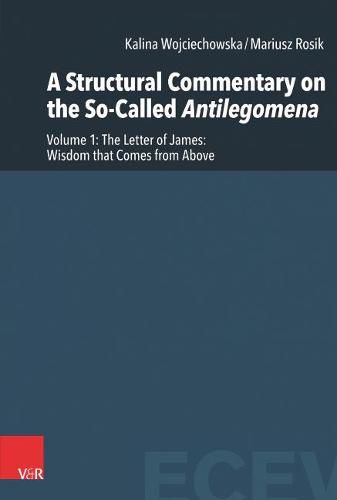Readings Newsletter
Become a Readings Member to make your shopping experience even easier.
Sign in or sign up for free!
You’re not far away from qualifying for FREE standard shipping within Australia
You’ve qualified for FREE standard shipping within Australia
The cart is loading…






Controversies regarding the authorship of the Letter of James, the date of its composition, its addressees and, when compared to other biblical writings, similarities and differences on lexical, semantic and theological levels generated debates concerning its literary genre, coherence, its associations with other texts as well as intertextual strategies. This structural commentary is part of this discussion. What is emphasized in the commentary is not the issue of justification and the relationship between deeds and faith but the sapiential character of the Letter of James. The new analytical approach has become possible due to an innovative view of the structure of the letter. The authors propose a structure organized around the catalogue of attributes of wisdom enumerated in James 3:17. The second important value of this study is its ecumenical (Catholic-Lutheran) dimension.
$9.00 standard shipping within Australia
FREE standard shipping within Australia for orders over $100.00
Express & International shipping calculated at checkout
Controversies regarding the authorship of the Letter of James, the date of its composition, its addressees and, when compared to other biblical writings, similarities and differences on lexical, semantic and theological levels generated debates concerning its literary genre, coherence, its associations with other texts as well as intertextual strategies. This structural commentary is part of this discussion. What is emphasized in the commentary is not the issue of justification and the relationship between deeds and faith but the sapiential character of the Letter of James. The new analytical approach has become possible due to an innovative view of the structure of the letter. The authors propose a structure organized around the catalogue of attributes of wisdom enumerated in James 3:17. The second important value of this study is its ecumenical (Catholic-Lutheran) dimension.